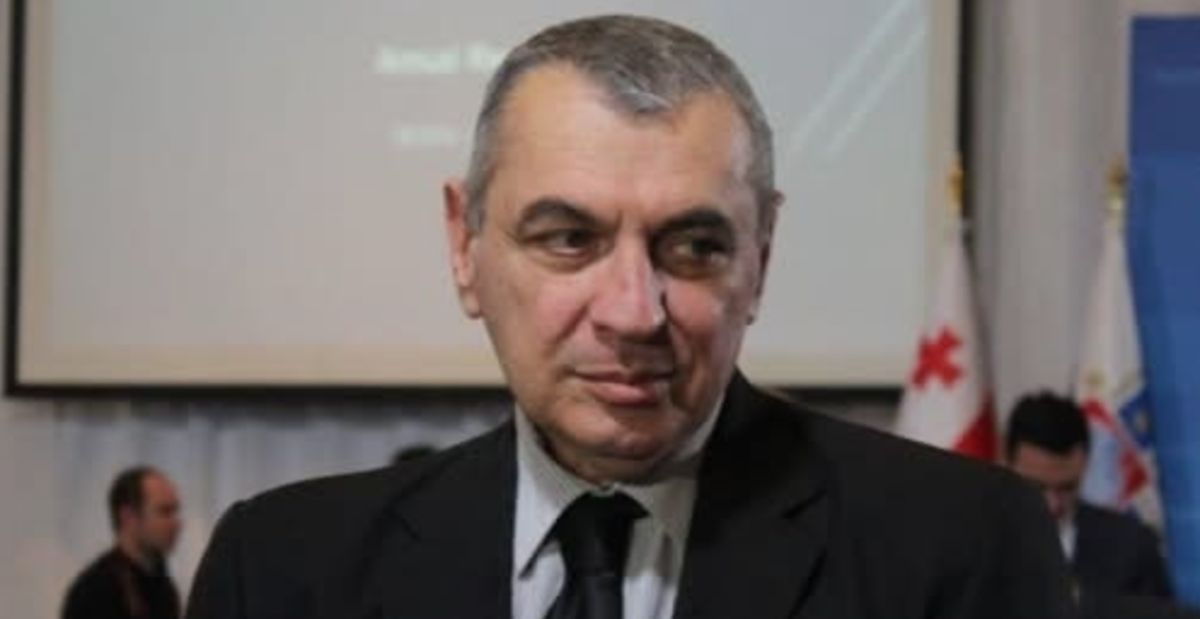EU envoy to Georgia: "Banning political opposition is not the European way"
EU Ambassador to Georgia on party bans
EU Ambassador to Georgia Pavel Herczynski reacted to the approval of a package of amendments banning political parties by the Georgian Dream parliament, stating that it is “not the European way.” According to the ambassador, the European way is dialogue, even in the presence of disagreements.
On May 13, the Georgian Dream parliament passed in the third and final reading a package of amendments to the laws on “Political Associations of Citizens” and the “Constitutional Court,” which are considered repressive by independent legal experts.
The amendments to the law on “Political Associations of Citizens” detail the circumstances under which a party can be banned:
- If its goal is to overthrow or violently change Georgia’s constitutional order,
- If it promotes war or violence,
- If it threatens the country’s independence or violates its territorial integrity,
- If it incites national, ethnic, religious, or social hatred,
- If it creates an armed formation.
The Constitutional Court of Georgia has been granted the authority to ban any new party if its declared goal, activities, or membership structure mirror those of a party previously banned by the court.
Herczynski also commented on European sanctions, noting that while there is no unanimous agreement on the issue, more EU member states are introducing individual sanctions against Georgian citizens responsible for violence and the rollback of democracy.
Statement by Pavel Herczynski:
“We are closely monitoring what is happening in Georgia. As I have already said, the European Union is based on very clear principles, one of which is democracy, implying a multi-party system. This means that citizens should have the right to create political parties, participate in elections, and be represented in parliament.
Banning political opposition is not the European way. The European way is dialogue, even in the presence of disagreements. It is when people make compromises and reach a common position based on mutual understanding, tolerance, and movement toward the European Union. Unfortunately, this is not happening in Georgia.
Since Georgia obtained candidate status, decisions and laws have been adopted that contradict EU principles, and this has been repeatedly stated by the leaders of EU member states. We have asked Georgia not to take such actions and not to drift away from the path of European integration. Unfortunately, our appeals were ignored, and we saw the worst – intimidation, violence, and brutality from those who beat protesters on the streets, as well as their impunity.
That is why the European Union is trying to impose sanctions on individuals responsible for violence [during protests]. However, for sanctions to be imposed at the EU level, all 27 member states must agree. At this stage, we do not have such unanimity. Some countries are opposed. That is why some EU members have decided on bilateral sanctions, and more countries are adding individuals responsible for violence to their sanction lists.”
News in Georgia
EU Ambassador to Georgia on party bans




















